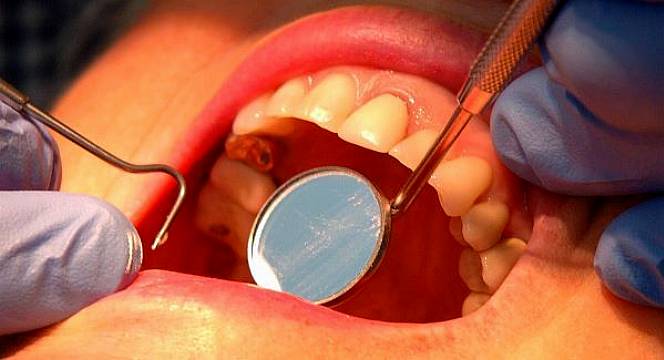Dr Anne O’Neill said that resourcing levels have become a full-blown crisis as the HSE Community Dental Service deals with vulnerable special needs patients and children.
Between 25 per cent and 40 per cent of skilled staff have been assigned to testing and contact tracing for Covid-19 and have not been replaced, according to the IDA members’ survey.
Dr O’Neill warned that the needs of patients “cannot be met”.
She also said that services including the annual school assessments have fallen behind, adding that this puts children’s health at risk.
Without the requisite skilled staff and additional resources we cannot make up that gap, and the opportunity to identify problems early is permanently lost.
“Usually we would be starting assessments for the new school year at this time, but because of Covid-19 we have a large backlog from last year and are well behind on reaching our target class population,” Dr O’Neill said.
“Without the requisite skilled staff and additional resources we cannot make up that gap, and the opportunity to identify problems early is permanently lost.”
She said that the indirect effects of Covid-19 have also had a significant effect.
“Covid-19 has slowed the process of providing dental care in many aspects, reducing the number of patients which can be seen in the day,” she added.
“We need to conduct a public health risk assessment before every dental treatment, which impacts on every single appointment, adding greatly to dentists’ workflow.”
Our current resourcing levels mean that we are missing early-stage issues in both children and patients with special needs which could have major long-term health effects.
Dr O’Neill said that the loss of skilled staff who treat children and people with special needs could not be solved easily.
Last July, the IDA surveyed almost 600 private and public service dentists.
It found that prior to the introduction of Covid-19 restrictions, 37 per cent of public dentists reported seeing more than 15 patients per day.
According to IDA that number is now 0 per cent, with the vast majority now seeing fewer than 10 patients per day.
This has contributed to significantly increased waiting times for non-emergency appointments, which now average 101 days.
Dr O’Neill also warned that a failure to immediately address a 20 per cent reduction in dentist numbers in recent years will have significant long-term implications.
“Oral health is a crucial part of a person’s overall health. Our current resourcing levels mean that we are missing early-stage issues in both children and patients with special needs which could have major long-term health effects,” she added.
She called for skilled staff to be moved back into their roles and said there is a need for additional staff who can develop the skills to treat child and adult patients.







